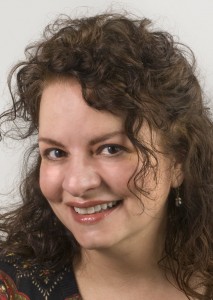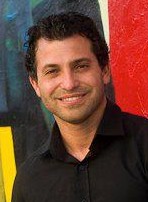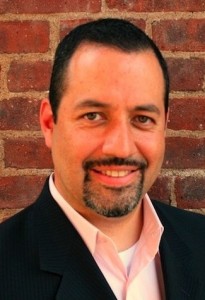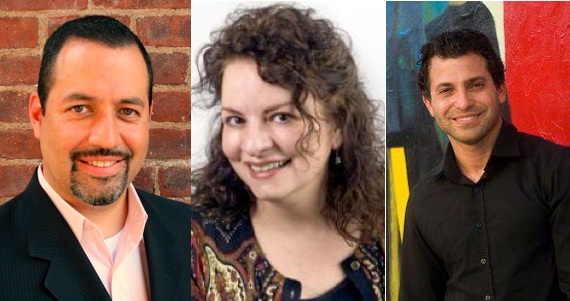
The UNITY board met over the weekend. During the meeting, recently elected NAHJ President Hugo Balta took his seat on the board, replacing Michele Salcedo. This was also the last time Joanna Hernandez would preside over a UNITY board meeting. Her term as President of UNITY expires on Dec.31, 2012. Tom Arviso Jr., Publisher of the Navajo Times in Arizona was elected president and will replace her starting Jan. 1, 2013.
Two sensitive issues were addressed during the meeting – the opening of board meetings to the public and the organization’s controversial name change. The board voted to reverse their prior decision and approved opening of board meetings to the public.
In April of this year, the UNITY board voted 11-4 to drop “journalists of color” from the organization’s name, after NABJ left due to a financial dispute and NLGJA joined the alliance. Any hopes of reunification with NABJ were shattered by the action, according to some of that association’s leadership and members.

Peter Ortiz, an NAHJ representative to the UNITY board who couldn’t attend the meeting, wrote a strongly worded letter explaining why he opposed the name change. Here’s an excerpt:
“Unfortunately, I don’t agree that the UNITY and NLGJA partnership has worked. It doesn’t mean it can’t, but based on everything I’ve seen and experienced during this partnership, I can’t endorse NLGJA becoming a permanent member of the UNITY Alliance.
My primary concern is the damage it has caused (with) the reunification effort with NABJ and the failure in not allowing our alliance members a true opportunity to participate and vote on the name change. This was too important an issue for the board to decide without serious feedback from alliance members. They should have been allowed to vote….
If we want to advocate for journalists of color, then the world needs to know we will not hide who we are because the name offends some or does not fit their ideal of what the organization represents.”
You can read the entire letter and more details of the meeting, on Richard Prince’s Journal-isms.

I asked Hugo to address his position on some of the issues discussed at the meeting.
MM: What are your thoughts on the elimination of “journalists of color” from the UNITY name?
HB: As a member of NAHJ, I wish I would have been given the chance to voice my opinion about changing Unity’s official name (I was not on the board in April when the title was changed). My constructive criticism of the board is that it rushed to change the name without fully understanding the impact it would have with many members. I support examining a title that is inclusive of all Unity members and the rich history of the organization. Changing the current name does not mean I do not support NLGJA. On the contrary – I believe their voice makes Unity stronger. The reaction from NLGJA members to my observations and feedback was of gratitude, understanding and respect. We are not at odds; we are partners in achieving the same goals for our members.
MM: Are you also in favor of having UNITY every 2 years (it was brought up at the meeting)?
HB: I’m in favor of exploring a UNITY convention every two years. Both NAHJ members and sponsors have shared with me their support for it. I think that if I’m presented with a plan for a UNITY convention every 2 years that makes logistical and financial sense for UNITY and the respective alliance partners – I would discuss it with NAHJ’s board and members before voting.
MM: Did they give out a breakdown of the revenues generated at the convention in Vegas?
HB: Yes, numbers were provided – but they’re not final. The latest projections are more favorable than initially projected for NAHJ, UNITY and the other alliance partners. I’m hesitant to provide any numbers now for fear of inaccuracies. Two weeks is a reasonable amount of time to get the final figures.
MM: What should UNITY be doing to reinforce the alliance’s efforts?
HB: I think UNITY needs to partner with the alliance associations in producing projects and events every year. It’s perceived as just a 4 year convention organization. UNITY needs to partner with the alliance group in developing fundraising and increase membership strategies that are beneficial for all. UNITY must improve the marketing of it’s brand by leveraging the strength of the alliance group. UNITY must lead initiatives (among them advocacy) that increase the visibility and relevancy of the organization and the alliance.
